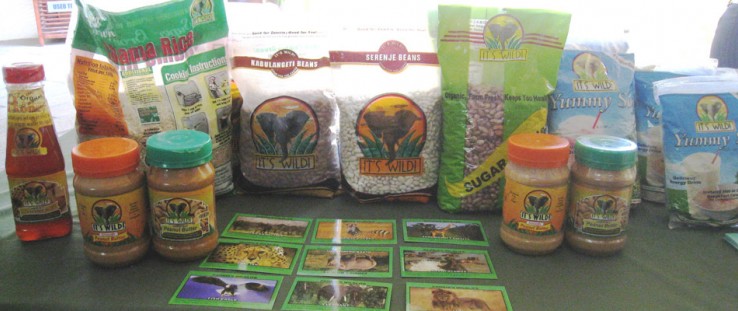 The COMACO It’s Wild! product range.
USAID
The COMACO It’s Wild! product range.
USAID
 The COMACO It’s Wild! product range.
USAID
The COMACO It’s Wild! product range.
USAID
Thompson Tembo served two years in prison for wildlife poaching, bore scars of a buffalo goring, and lived in poverty while working in the illegal animal trade. He felt he had no choice. Poaching was all he knew how to do, and his only source of income and food for his family.
Now over 60 years old, Tembo grew up in Zambia’s Luangwa Valley on the edges of a vast national game reserve where his father was killed by an elephant more than 30 years ago. The elder poacher passed his knowledge on to his son.
With very little formal education, poaching was Tembo’s only skill. He began killing warthogs and other small game for food in his late teens. In his 20s, he began killing elephants and trading their tusks for food and clothing. When he was in his 40s, Tembo was killing 20 elephants a year and selling their tusks for $10—tusks that were worth 1,000 times as much on the black market. By the time he reached age 50, Tembo spent most of his time away from his family—in the bush, poaching or hiding from the authorities—with very little to show for it.
In 2003, he learned of a local non-profit organization called Community Markets for Conservation, or COMACO, that was working with poachers, as well as charcoal producers (who illegally cut down trees to produce charcoal) to teach them conservation farming as an alternative means of survival.
Tembo traded in his gun. Today he makes a good living as a beekeeper and rice farmer. He recently bought a grinding mill that he operates as a small business with his wife.
“I cry when I think of all the wild animals I killed to better myself, but instead remained poor and made my community poorer from the loss of this resource,” Tembo says. “COMACO opened my eyes to a better life and gave me the tools to change my life, and I have committed myself to helping others like me to put down their guns.”
No Better Choice
In Zambia’s Eastern province, almost 80 percent of the population lives on less than $1.25 a day. Half are undernourished.
“In the absence of skills, inputs and markets, what alternatives were there but to poach, if families living near wildlife areas had to survive?” says Dale Lewis, an American elephant biologist-turned-conservationist who has lived and worked in Zambia for more than 20 years.
He founded COMACO in 2003 as a new approach to conservation in Zambia that recognizes hunger and survival as the underlying reasons why people like Tembo resort to poaching and other forms of resource exploitation.
“It was time to get bold and take on this challenge,” says Lewis.
But COMACO needed a market for these farmers to sell the crops they were learning to grow—things like peanuts, rice, soy and honey. Rather than trying to compete in an already crowded marketplace, COMACO decided to become the market, buying participating farmers’ surplus to produce items for domestic consumption.
Marketed under the brand “It’s Wild!,” COMACO produces 12 natural, chemical-free food products that are sold across Zambia. Through COMACO’s model, the consumer funds conservation.
“When someone buys our Chama rice, Yummy soy, It’s Wild! peanut butter or breakfast cereal, they, in effect, become a supporter of wildlife and natural resource conservation,” says Lewis. “The sale of our products allows us to keep the farmers in business, which keeps them from poaching or producing charcoal.”
In the 10 years since COMACO started, more than 2,000 big game poachers like Tembo have traded their guns for farm tools, becoming growers for COMACO, and many more have stopped subsistence poaching and harmful deforestation activities.
‘I Could Be Killed Anytime’
Tembo’s transition from poacher to farmer was not easy, but it was one he felt he had to make for his family. “At any time, I could be killed by an animal or shot by anti-poaching scouts,” Tembo recalls. “If I were to die, what would my family do to survive? With farming, I could send my children to school and also teach them something safe that they can do when they are older.”
COMACO helped in the transition. They gave him the bee hives to start his honey business and food for his family while he was growing his first rice crop. Tembo had to learn to wait to harvest his crops and honey to get paid, as opposed to the immediate return of killing animals for cash. But his patience paid off. After his first year as a COMACO farmer, a year spent at home with his family, Tembo earned about the same as he did from poaching. With this money, he expanded his crops and has steadily increased his production and income each year.
After a decade, COMACO estimates that more than 4,000 animals are saved each year and tens of thousands of trees have been spared. Using this approach, by 2011, COMACO’s farmer base rose to 40,000 small-scale farmers using environmentally friendly, sustainable methods to grow their crops. These farmers, identified by local leaders and COMACO surveys, were among the poorest and most vulnerable in the province.
Alliance for a Better Life
Eastern province has 265,000 farmers, 77 percent of whom farm small plots of land, chiefly to feed their families. At the start of 2011, COMACO decided to broaden its farmer base, products and market reach to include more of these small-scale farmers. At the end of that year, it entered into a partnership with USAID in Zambia, through Feed the Future, the U.S. Government’s global hunger and food security initiative, to form the Better Life Alliance.
The alliance combines $6.6 million in financial support from USAID and $8 million from the Norwegian Government with technical support from private-sector partners General Mills and Cargill Cotton, and cooperation from the Zambian Ministry of Agriculture to reach another 40,000 small-scale farmers in Eastern province.
The alliance provides farmers with improved seed and other tools, training in conservation farming techniques and a guaranteed market for their crops. It also expands the market reach and export possibilities of It’s Wild! products, and the benefits that go with them.
“COMACO products are organic. In Zambia, this distinction does not add any value,” said Anna Toness, economic growth team leader at USAID/Zambia. “We recognized that helping COMACO become export-ready offered great potential. Firstly, there are huge markets for COMACO products in South Africa and throughout the region. Secondly, these markets recognize the value of organic products, allowing COMACO to earn a premium price for them.”
Part of Feed the Future’s investment, through USAID, in the alliance included an expansion and upgrade to the COMACO processing plant. The revitalized plant enables COMACO to purchase additional crops and improve the quality of its processing to meet regional export standards.
Investing in the alliance was a natural fit for USAID.
“In COMACO we saw a local organization with a model that successfully reached the most vulnerable farmers and gave them a market for their crops,” said Toness. “The more farmers that become a part of the alliance, the greater the impact on food security, poverty alleviation, nutrition, wildlife and environmental conservation.”
The private sector also needed little convincing of the benefits of investing in the alliance.
Frans Grey, managing director of Cargill Cotton in Eastern province, explains: “We have recognized our responsibilities to the land and the natural resources more clearly from our relationship with the Better Life Alliance, and together we have initiated a range of steps that will help farmers who grow cotton achieve food security and better incomes without threatening their forests or wildlife.”
Today, Tembo continues to tell his story on the back of the box of COMACO’s newest product, It’s Wild! breakfast cereal. The story of how a harmful poacher became a food producer; the story of how COMACO, Feed the Future and others offer a better life to many Zambian farmers.







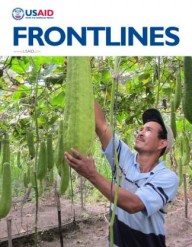

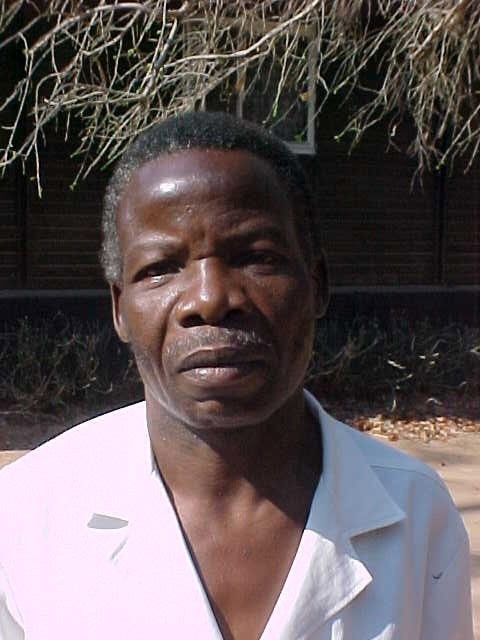
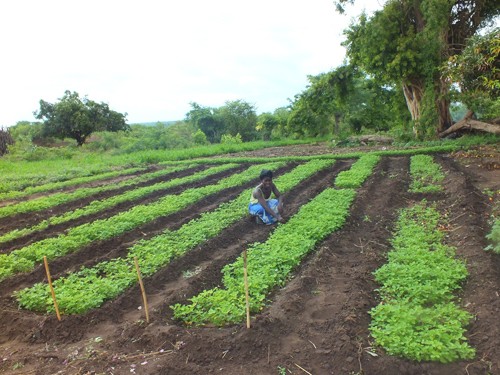
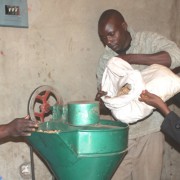
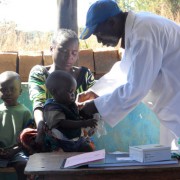
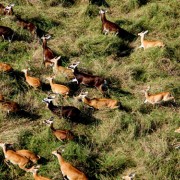
Comment
Make a general inquiry or suggest an improvement.